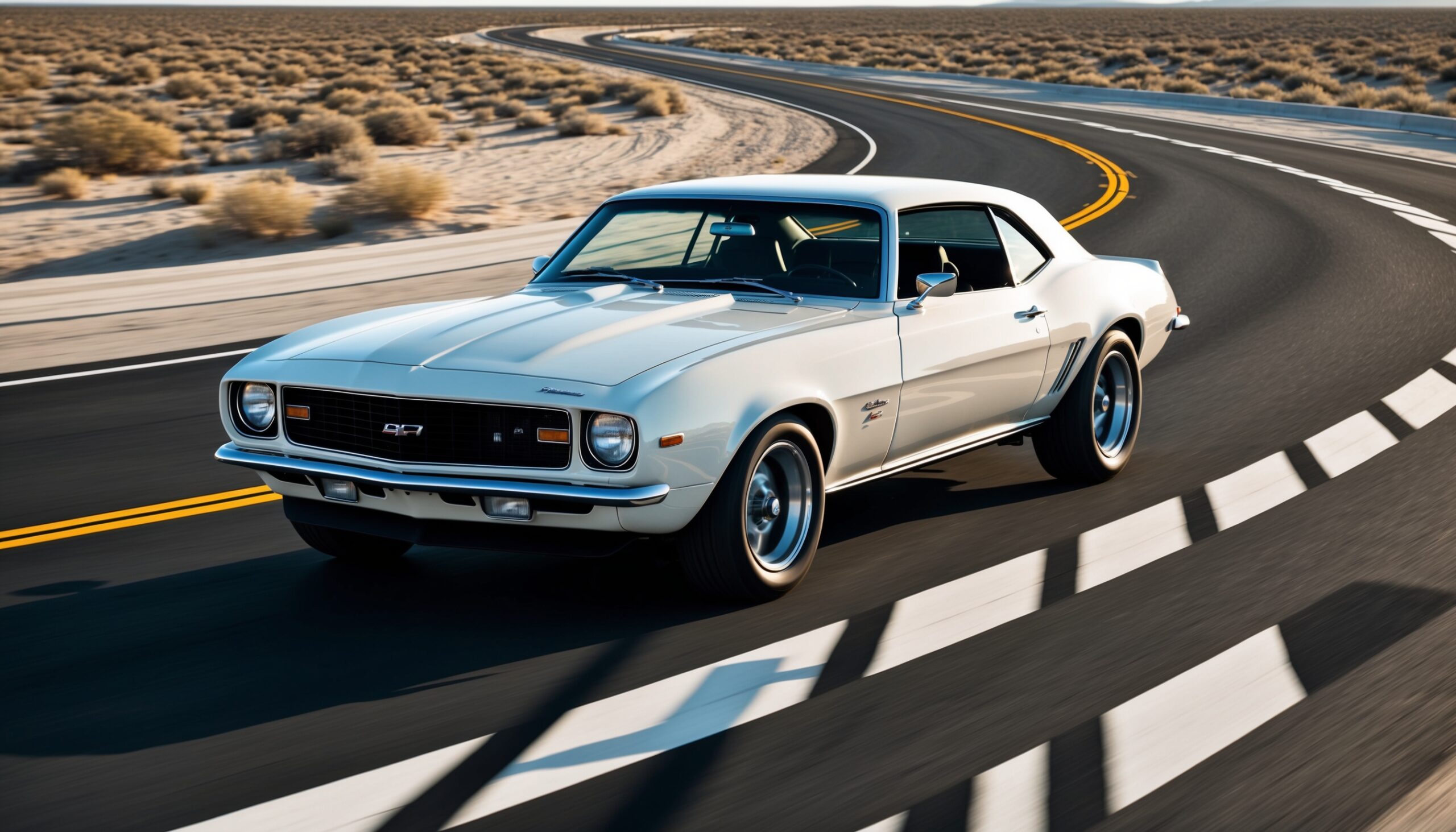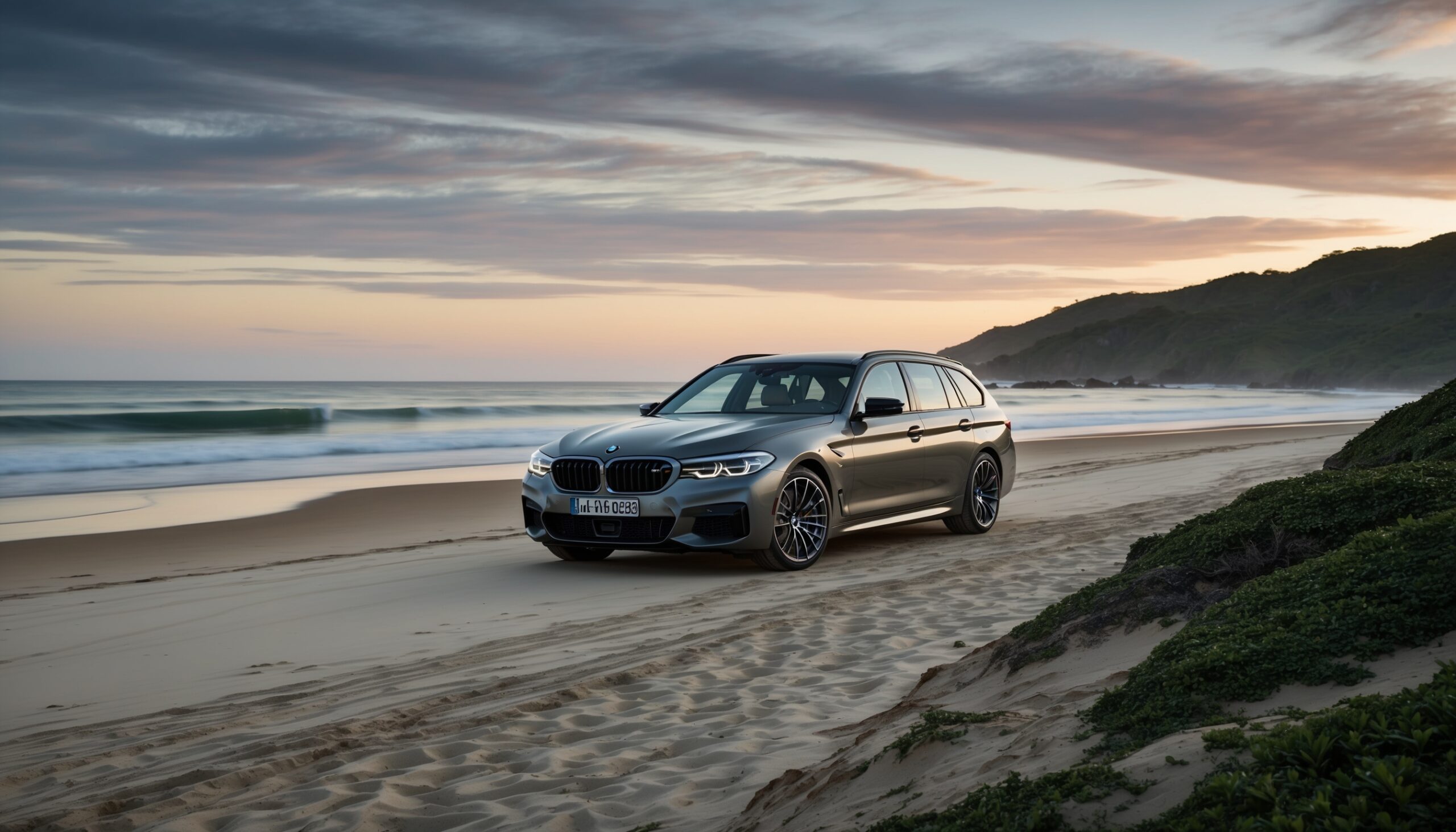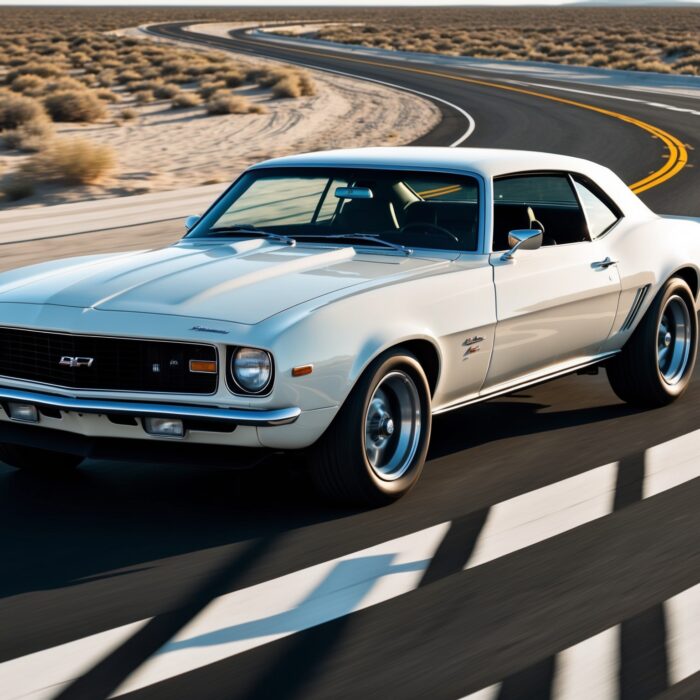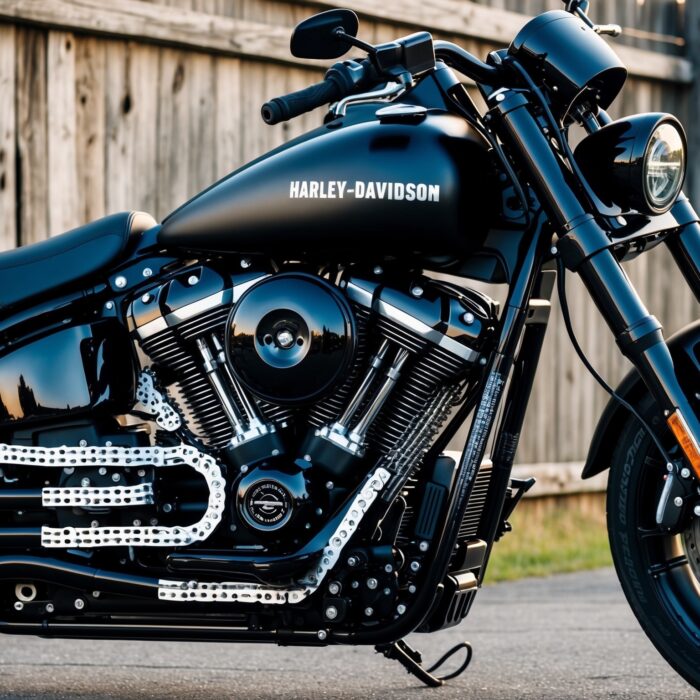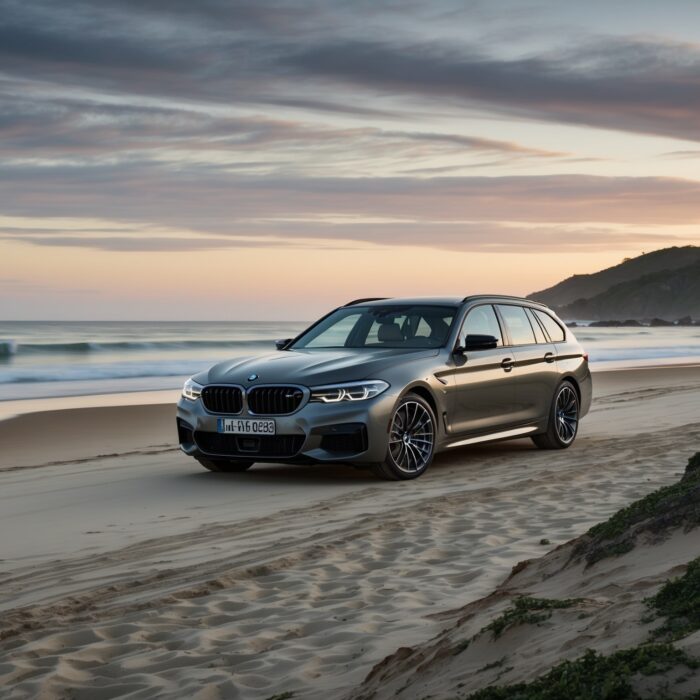Honda Here to Stay in Australia, Sticking with Controversial ‘Agency’ Sales Strategy
For car enthusiasts and Honda fans alike, there’s been a buzz in the air recently regarding Honda’s commitment to Australia. The auto industry is always evolving, and Honda’s decision to stick with its agency sales model has sparked plenty of conversations. Whether you’re a die-hard Honda lover or just someone who appreciates a good engine, there’s no denying that this shift could have a significant impact on the car-buying experience down under.
What is the Agency Sales Model?
Before diving deeper, let’s clarify what the agency sales model actually entails. In traditional car sales, dealerships often act as independent entities, buying vehicles from manufacturers at a wholesale price and then selling them at a markup. In contrast, the agency model sees manufacturers like Honda take a more direct role in the sales process. Under this model, dealerships act more as agents, facilitating the sale but not owning the inventory. This means that the manufacturer sets the price, and the dealer receives a commission for their services.
- Direct Pricing: Customers pay the same price, regardless of the dealership.
- Streamlined Experience: Less negotiation means a simplified buying process.
- Focus on Customer Service: Dealerships can emphasize service and support rather than sales tactics.
This model has attracted both praise and criticism. Supporters argue that it benefits the consumer by creating a more transparent pricing structure, while detractors claim it could jeopardize the competitive nature of car sales. So where does Honda fit into this picture?
Honda’s Commitment to Australia
Honda’s long-standing presence in the Australian automotive market is nothing short of impressive. With a reputation for reliability, innovation, and a strong lineup of vehicles, Honda has built a loyal customer base. The company recently reaffirmed its commitment to Australia, announcing plans to maintain operations and continue selling vehicles through the agency model. This decision comes at a time when many manufacturers are reevaluating their sales strategies in response to changing consumer preferences and market dynamics.
One of the key reasons Honda is sticking with this model is the evolving landscape of the car-buying process. With more consumers preferring to research and purchase vehicles online, the agency model allows Honda to have more control over the customer experience. This means that whether you’re browsing from the comfort of your couch or visiting a dealership, you’ll have a consistent experience.
Also Read: 2026 Mercedes-AMG GLC43 Carbon Edition brings more for less
The Benefits of the Agency Model for Honda
Honda’s decision to adopt the agency sales model isn’t just a shot in the dark; it comes with a host of potential benefits. Let’s break down some of the main advantages that this model presents for both Honda and its customers:
- Improved Customer Experience: With fixed pricing and less focus on haggling, consumers can enjoy a more straightforward buying experience.
- Enhanced Brand Control: Honda can maintain its brand identity and messaging more effectively across different platforms.
- Focus on Innovation: With reduced pressure on dealerships to sell, Honda can invest more in product development and innovation.

Challenges Ahead
While the agency model offers several advantages, it’s not without its challenges. Honda will need to navigate various hurdles to ensure that this strategy is successful in Australia. Here are some of the main challenges they might face:
- Dealer Resistance: Some dealerships might resist the change, fearing a loss of autonomy and profitability.
- Consumer Adaptation: Educating consumers about the new model and its benefits will be crucial.
- Market Competition: As other manufacturers explore their own sales strategies, Honda must remain competitive in a rapidly changing market.
What This Means for Australian Car Buyers
For the average Australian car buyer, Honda’s commitment to the agency model could mean a significant shift in how vehicles are purchased. With streamlined processes and a focus on customer satisfaction, buying a Honda might soon feel less like a battleground and more like a well-orchestrated experience.
Moreover, the focus on online sales and a standardized pricing model could appeal to younger consumers who prefer to avoid the traditional car dealership experience. This demographic has been increasingly influential in driving trends in the automotive industry, and Honda seems poised to cater to their needs.
A Look at Honda’s Vehicle Lineup
Honda has always been known for its diverse lineup of vehicles, ranging from compact cars to SUVs. As they continue to solidify their presence in Australia, let’s take a closer look at some of the standout models that are likely to attract attention in this new sales landscape:
- Honda Civic: This compact car has long been a favorite among enthusiasts for its sporty performance and reliability.
- Honda CR-V: Known for its practicality and spacious interior, the CR-V has become a go-to choice for families.
- Honda HR-V: With its modern design and versatility, the HR-V appeals to a younger audience looking for a stylish yet functional vehicle.
- Honda Accord: This midsize sedan combines comfort and performance, making it a solid option for those seeking a premium driving experience.
The Future of Honda in Australia
As we look ahead, it’s clear that Honda is positioning itself for success in the Australian market. By adopting the agency sales model, the company aims to create a more cohesive and enjoyable experience for customers. But the real test will be how effectively they can implement this strategy and address the challenges that come with it.
For car enthusiasts, this evolution presents an exciting opportunity to witness a brand that has shaped the automotive landscape for decades continue to innovate and adapt. Whether you’re considering purchasing a new Honda or simply enjoy following the latest industry trends, there’s much to keep an eye on.
Community Feedback
As always, the automotive community has a lot to say about Honda’s decision to stick with the agency sales model. Social media platforms and forums are buzzing with opinions, both for and against the approach. Some enthusiasts appreciate the transparency and the focus on customer service, while others lament the loss of traditional dealership experiences. Engaging in these discussions can provide valuable insights into how various stakeholders feel about the future of Honda in Australia.
- Pros: Many are excited about the potential for a more straightforward, no-hassle buying experience.
- Cons: Some fear that the lack of competition among dealerships might lead to complacency in customer service.
Ultimately, it’s important for Honda to listen to its customers and adapt as necessary. The success of this model will depend heavily on how well they can address the concerns and desires of the Australian market.
Final Thoughts
Honda’s commitment to Australia and its decision to stick with the controversial agency sales strategy is sure to generate plenty of discussions among car enthusiasts and buyers alike. As the automotive landscape continues to shift, it will be fascinating to see how Honda navigates these changes and what it means for the future of car sales in Australia.
For those passionate about cars, the next few years promise to be exciting. With Honda at the forefront of this transformation, it will be interesting to see how their approach influences other manufacturers and the broader market. So buckle up, because this journey is just getting started, and Torque Feed will be here to keep you updated every step of the way!
Also Read: Carson Kvapil 2026 NASCAR schedule dynamic confirmed


